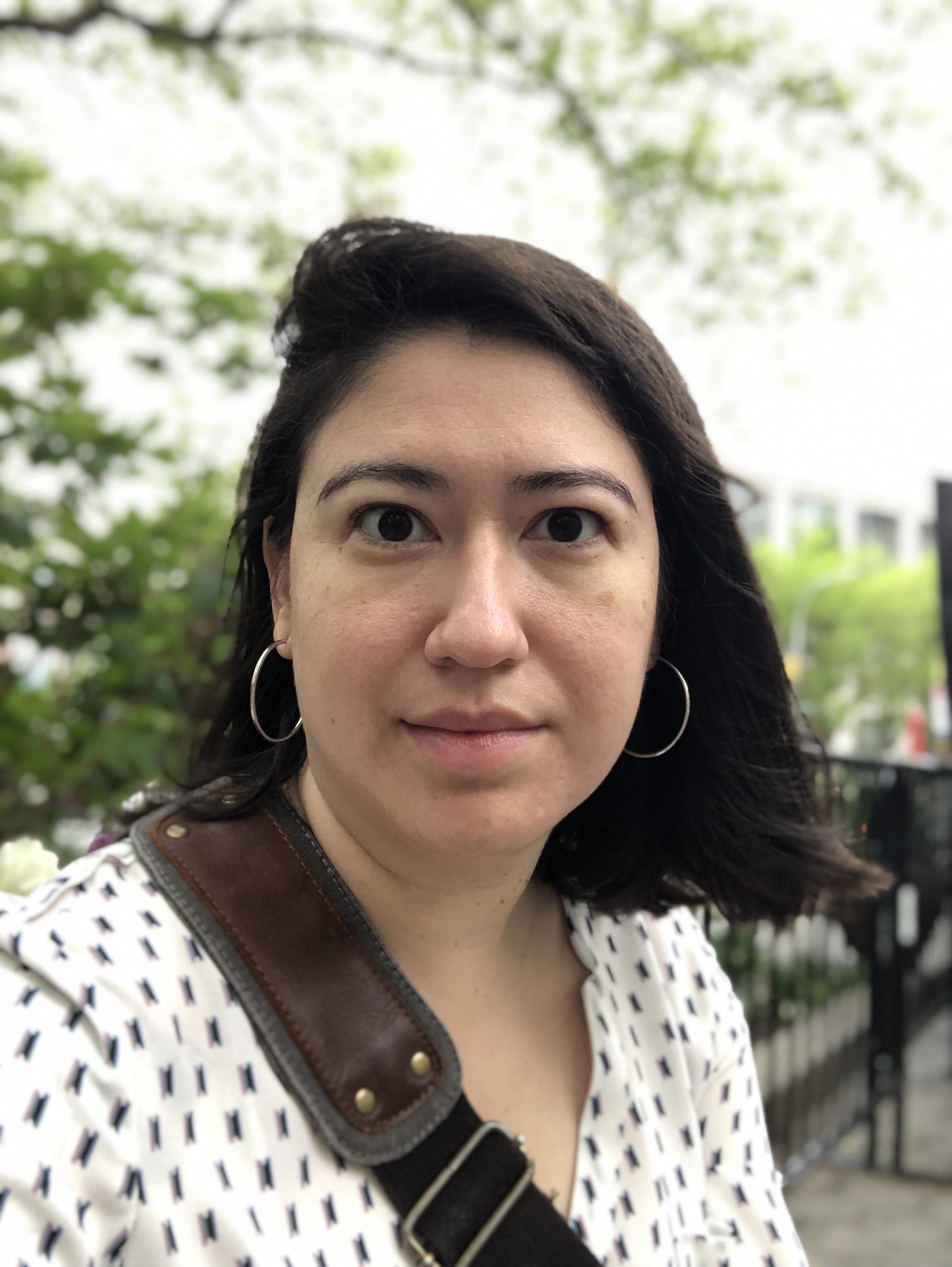Elena Peeples Awarded Wenner Gren Foundation Dissertation Fieldwork Grant & Education Policy Dissertation Research Fellowship
Programs in Anthropology are proud to announce that Elena Peeples has been awarded the Wenner Gren Foundation Dissertation Fieldwork Grant and the Education Policy Dissertation Research Fellowship. Peeples is currently a Ph.D. Candidate in Anthropology & Education and has received these grants to support her dissertation research in 2024.
The Wenner-Gren Foundation is dedicated to providing leadership in support of anthropologists worldwide and advancing knowledge across anthropology’s many subfields and specializations. More information about the foundation can be found here.
The Education Policy Dissertation Research Fellowship, awarded by the Department of Education Policy & Social Analysis, is given to students whose dissertation research has the potential to inform societal efforts to improve educational opportunity, achievement, or equity. This research should be focused on an important policy issue at any level of government, reflect potential for policy utility, and show a strong likelihood of being accepted in the most well‐respected journals. More information about the EPSA Fellowship can be found here.
Peeple's dissertation project is titled "Trenton Makes: Urban Planning and the Production of Expertise in Trenton, NJ." Discussion of traffic fatalities in Trenton, NJ occurs in the register of urban planning, which oscillates between characterizing the inadequacy of present conditions and visioning for a better, safer future. Discussions become interventions as stakeholders make alterations to the cityscape. This dissertation seeks to understand how professional and quotidian knowledge about traffic infrastructure, mediated and manifested through these discussions and interventions, becomes planning expertise. The question of expertise in urban planning practice sits in the inherent tension between expectations of scientific certainty and financial efficiency on the one hand, and a call for resident inclusion through participatory planning activities on the other. Participatory planning in Trenton, NJ involves complex relations including government officials, nonprofit personnel and other professionals as well as city residents who are increasingly Latinx immigrants. Therefore, this project asks: how are material, spatial, and discursive resources used to variously empower or disempower professional and quotidian ways of knowing? Through ethnographic engagement this project considers how a variety of stakeholders, especially Latinx immigrants, participate in planning initiatives and community organizing efforts and how the knowledge they produce for and through these efforts is legitimated, transformed, contested, and reinscribed as they attempt to improve traffic safety.
We congratulate Elena on these great achievements!
